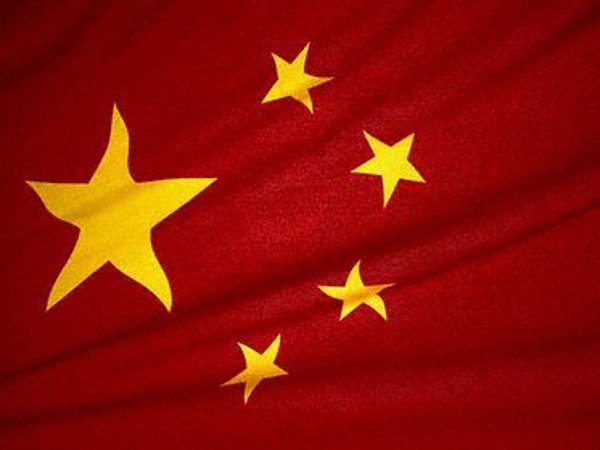
The scope and breadth of the NSA scandal has been impressive, but China is not one to be outdone. In an effort to keep its position as the most intrusive and repressive government when it comes to Internet freedom, the Chinese government has implemented a ban (A BAN) on Web anonymity—specifically for YouTube-like online video sites.
The website for China’s State Administration of Press, Publication, Radio, Film and Television said that the ban is meant to prevent “vulgar content, base art forms, exaggerated violence and sexual content in Internet video having a negative effect on society.” Phew! For a second there I thought it was to bring an iron fist down on top of political dissent.
As Reuters reports, online video sites in China are particularly popular and serve as a platform to document government corruption and abuses. The new policy primarily affects the two dominant players in China’s video social media ecosystem: Youku Tudou and Renren.
Altogether, online video sites in China have over 428 million users. To date, China has 591 million Web users.
Internet censorship is a very complex and efficient process in China, which employs 50,000 people who collaborate with an additional 300,000 Communist Party members to police the Web. But two studies recently conducted by political scientist Gary King have revealed just how nuanced and systematic China’s Internet censorship actually is. While authorities allow for a certain amount of general anti-government ranting (within certain parameters—explained further below), it specifically cracks down on online posts calling for any kind of organization or grassroots protest.
The studies found that posts even hinting at a call to action were often removed immediately, within 24 hours.
But while the Chinese government allows for some political dissent online, that changes when posts go viral. Last September, authorities arrested a teenager from Gansu Province for posting an anti-government tweet on Weibo that (supposedly) was retweeted more than 500 times. The arrest was made under the new policy that allots jail time to those who post “inaccurate rumors” that are retweeted more than 500 times or get 5,000 views.
When it comes to imprisoned journalists, China comes in third behind Turkey and Iran with 32 reporters, editors, and bloggers arrested in 2013. China also arrested exactly 32 journalists in 2012. Altogether, Turkey, Iran, and China account for half of all journalist arrests in 2013. Other countries rounding out the top ten list of worst jailers of journalists include Eritrea, Vietnam, Syria, Azerbaijan, Ethiopia, Egypt, and Uzbekistan.
Image source: bloomberg.com


















